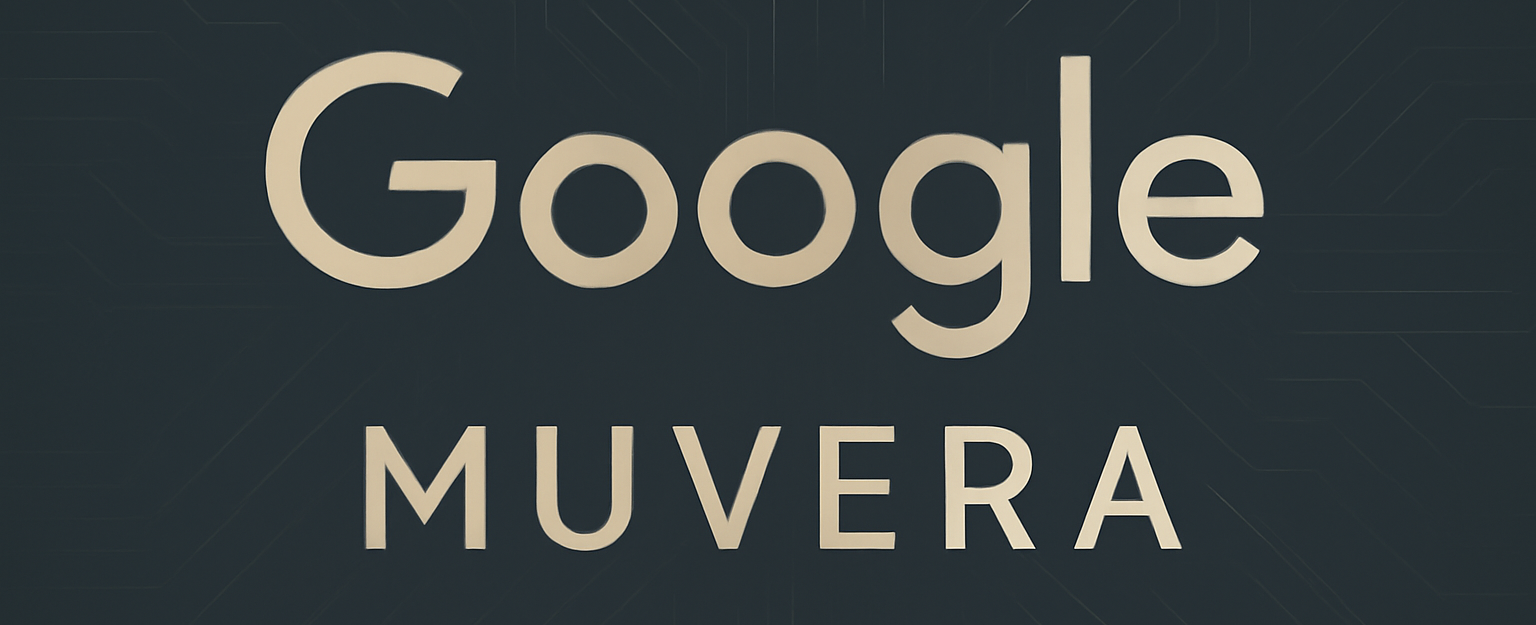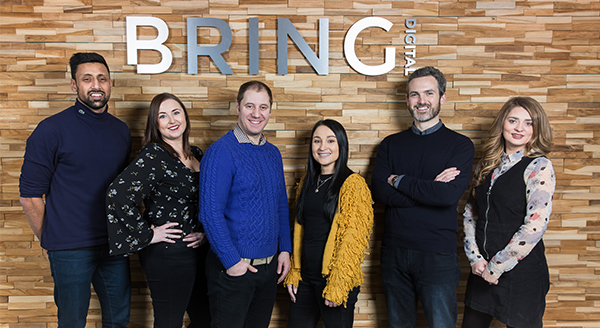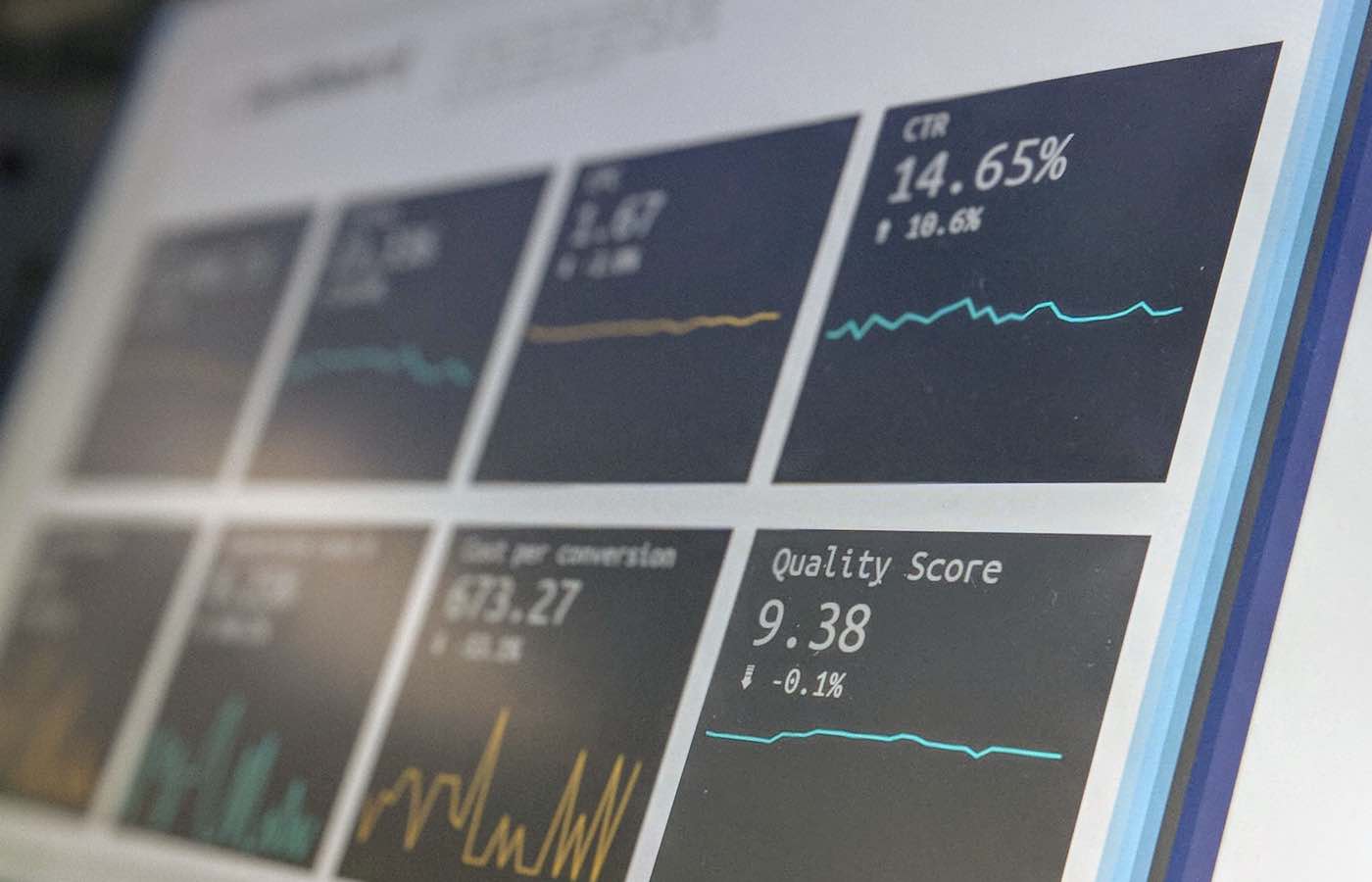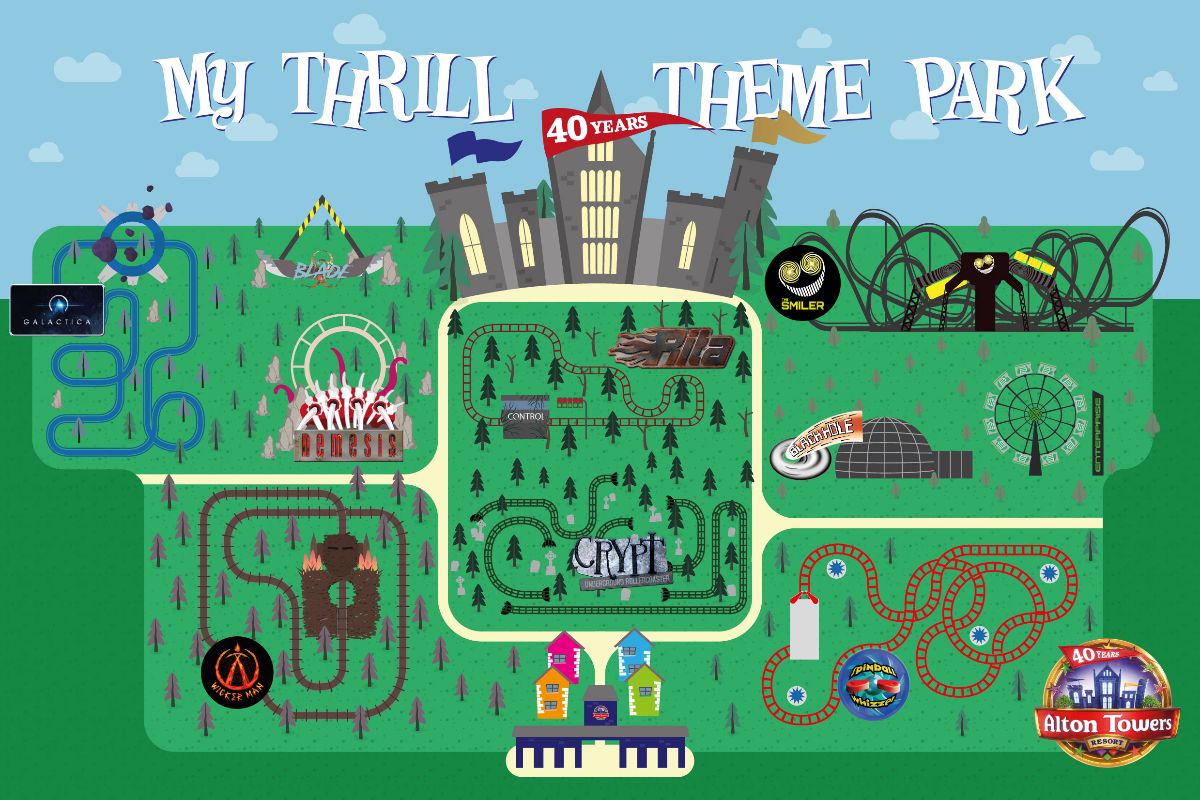It’s 2025, and SEO has evolved once again. Not dramatically, perhaps, but enough to make marketers reconsider their approach. The old methods are still partially practical but increasingly overtaken by Google’s changing priorities and user behaviour.
Over the past year, several algorithm updates have quietly changed how content is ranked. One of the most significant is Google’s MUVERA algorithm, introduced in mid-2025. This update represents a major advance in search technology, shifting from traditional keyword matching to a sophisticated AI-driven multi-vector semantic understanding of queries and content. MUVERA processes search requests 90% faster and with about 10% improved accuracy by understanding user intent, context, and semantics rather than just matching exact keywords.
MUVERA means SEO has moved into a new paradigm where depth, topical authority, and semantic relevance are crucial. Traditional keyword stuffing is now counterproductive. Instead, MUVERA prioritises original insights, factual accuracy, user value, and content authenticity. Sites optimised for MUVERA build comprehensive topic clusters, maintain editorial consistency, and use structured data to feed AI-powered search features like Google's Search Generative Experience (SGE).
Google's AI advancements through MUVERA also influence how content is retrieved and interpreted by large language models (LLMs) that power features like SGE. This integration means that semantically strong content, well-structured and enriched with images, charts, or schema markup, is more likely to rank well and be featured in AI-generated summaries.

Algorithm Updates: Depth Over Density
One consistent trend has been Google’s preference for topical authority, not just relevance, but depth of coverage. Sites that develop comprehensive content ecosystems like pillar pages, content clusters, and natural internal links outperform those relying on isolated posts or keyword stuffing. MUVERA’s multi-vector approach further enforces this.
Keywords remain important, but the focus on exact-match phrases feels increasingly outdated. MUVERA understands the semantics behind queries; user intent often overrides exact wording. For example, you can rank for “affordable SEO Manchester” even if your content uses terms like “cost-effective ways to improve visibility in Manchester.” This change impacts how content should be written.
Interestingly, some thin content still performs well, especially on high-authority domains. This may seem inconsistent, but authority continues to carry significant weight despite a lack of substance.
Zero-Click Searches and SGE: The Decline of Click-Throughs
Google’s Search Generative Experience (SGE), supported by AI and LLMs linked to MUVERA, has increased zero-click searches. AI-powered summaries often answer users’ questions directly on the results page, reducing the need to visit websites.
This presents a challenge for content creators. On one hand, it is an advanced feature, but on the other, it reduces website traffic. For example, a user searching “branding services in Manchester” may find a complete answer in the SGE box and not visit the site.
Some SEO teams in Manchester are experimenting with optimising SGE visibility by implementing structured data, concise formatting, and a conversational tone. However, there is no guaranteed method, and even appearing in an SGE summary may result in a few clicks.
The results have been mixed. A local web design agency in Manchester featured in SGE summaries for “affordable web design Manchester” saw increased impressions but no visits, while another business saw no change. As this is a recent development, the data and metrics may evolve.
Voice Search and Local Intent: Still Relevant
Voice search has been anticipated for years. In 2025, it will become more common but not yet dominant. More users speak their queries, especially on mobile and smart devices, influencing content style.
Voice queries are longer and more conversational. For instance, “Best branding management in Manchester” may be “Who can help me manage my brand locally in Manchester?” Content must reflect natural speech, using FAQs, conversational headings, and schema markup.
Local intent has become more detailed. Google’s location tracking is more precise, extending beyond city-level to neighbourhoods, landmarks, and street names. Businesses optimising for such specific locations are gaining better visibility, although this can require significant effort.
A test with a small café near Deansgate showed that adding references to nearby streets, a local mural, and a popular bakery next door increased its ranking in “near me” searches within weeks.
Topical Authority: The Key Ranking Factor
A consistently effective strategy is to build topical authority. This means covering a subject comprehensively, maintaining interconnected content, updating older posts, and demonstrating expertise over time.
This approach requires patience and is not a quick fix, but it yields stronger results. Websites focusing on long-form guides, supporting articles, and internal linking generally perform better, even without the highest domain authority.
There is also a trend towards editorial consistency. Google favours sites with a coherent voice and structure. While difficult to measure, content that reads as if produced by the same team or person tends to rank better.
Some exceptions exist; aggregator sites relying on outsourced content can still rank well, but are becoming less common.
Practical Advice
For businesses aiming to remain visible, especially in competitive local markets like Manchester, it is advisable to reassess their SEO strategies in light of MUVERA and AI-driven search.
Whether seeking affordable SEO packages, refining branding services, or updating web design, the basics remain: clarity, consistency, and relevance. However, it is now crucial to create semantically rich, human-centred content that aligns with user intent and integrates well with AI-powered search features.
If uncertain where to begin or after unsuccessful attempts, consult experienced local agencies. For example, The Social Bay, a Manchester-based digital marketing agency, offers strategic guidance and implementation tailored to local businesses. They do not promise quick fixes but provide practical solutions that work.
SEO in 2025 is not about following every trend. It is about building trust, maintaining consistency, and adapting strategically to changes brought on by AI advancements like MUVERA. There is no perfect formula, but deliberate effort based on current realities is essential.









